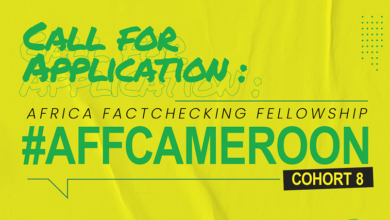SSRC Next Generation Social Sciences in Africa: Doctoral Fellowships 2023
Deadline: 10th of February, 2023

Launched in 2011, the Next Generation Social Sciences in Africa Program addresses an issue that is starting to arise in higher education in the global South as a result of the excessive emphasis placed on growing undergraduate enrollment without commensurate investment in faculty development, which limits universities’ capacity to produce the next generation of researchers, faculty, technocrats, and leaders.
Currently, the programme works to improve tertiary education in Africa by providing a series of fellowship options for bright PhD candidates to do research and advance steadily toward earning the doctoral degree, as well as one post-doctoral fellowship:
- Doctoral Dissertation Proposal Fellowship: Supports short-term research costs of up to US$3,000 to develop a doctoral dissertation proposal
- Doctoral Dissertation Research Fellowship: Supports 6–12 months of doctoral dissertation research costs of up to US$15,000
- Doctoral Dissertation Completion Fellowship: Supports a one-year leave from teaching and administrative responsibilities through a stipend of up to US$10,000 to permit the completion of a doctoral dissertation
- Dissertation-Based Writing Fellowship: Supports up to six months of completing an article or book manuscript through a stipend of up to US$3,000
The program also offers activities that nurture the intellectual development of its fellows by connecting them to one another to create a pipeline for the development of faculty and research communities working on peace, security, and development topics across the continent.
Eligibility
All applicants must:
- be citizens of any sub-Saharan African country
- be enrolled and working towards a PhD in an accredited university, or affiliated to an institution in Ghana, Kenya, Nigeria, South Africa, Tanzania, and Uganda
- be in the final year of writing and have completed at least two doctoral dissertation chapters
Requirements
- Currently, the program supports doctoral candidates enrolled in universities in Ghana, Kenya, Nigeria, South Africa, Tanzania, and Uganda.







